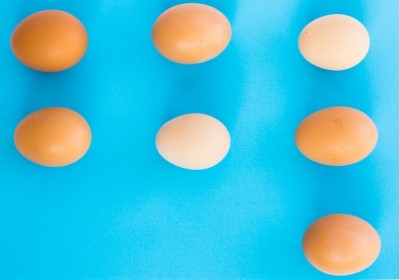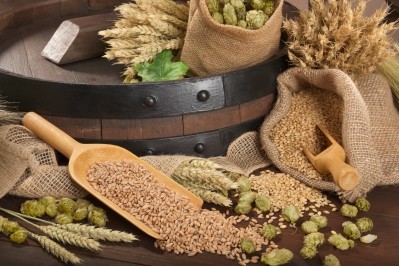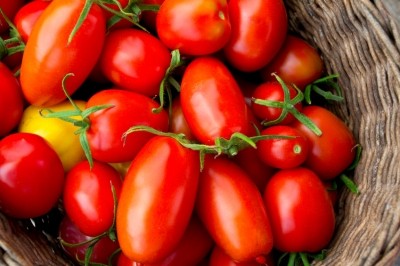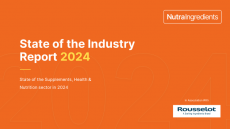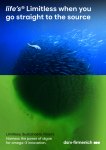Belgium updates guidance for caffeine use in food supplements
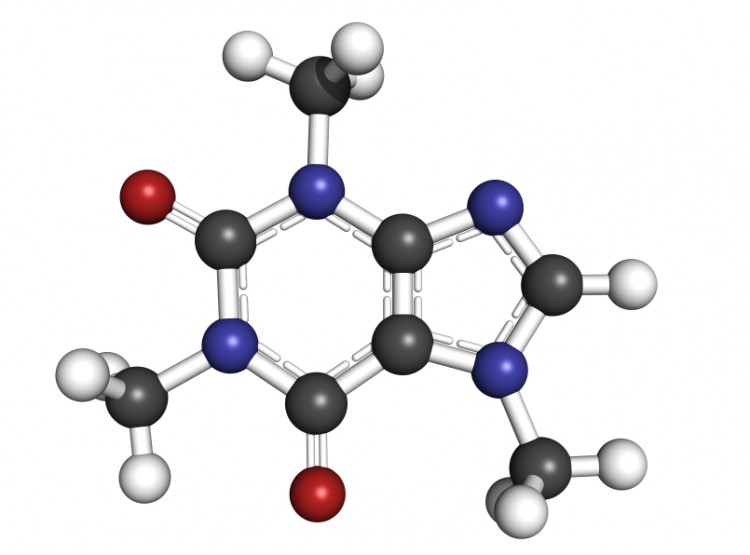
The country’s Federal Public Service (FPS) Public Health, Food Chain Safety and Environment has determined a maximum limit for caffeine in supplements to be 80 milligrams per day (mg/day).
The authorities also dictate that lutein’s maximum limits are set between 2 and 10 mg/day and lycopene between 2.5 and 15 mg/day.
For red yeast rice (or any other source of monacolin K) additional conditions accompany the maximum permitted limit of 10 mg/day of monacolin K.
The dose of monacolin K must also be standardised (maximum 10% deviation); and its content stated in the notification file.
In legislation that came into force November 11th this year, the authority stated “Products, other than those containing Monascus purpureus (red yeast rice) or any other source of monacolin K, put in commerce or labelled before November 29, 2018, which did not meet the provisions, may be marketed until exhaustion of stocks and no later than October 26, 2019".
‘Not suitable for pregnant or nursing women’
Further labelling requirements for red yeast rice must state "this product is not suitable for pregnant or nursing women, to children and adolescents, to people over 70 years, people with liver, kidney or muscle, problems in people taking a" drugs that can give rise to interactions (ex: cholesterol), to the intolerant to statins. If in doubt, please ask your doctor or pharmacist. "
Citrinin, a contaminant found in some red yeast rice products, is also limited under the new guidelines, which restrict the mycotoxin to under 2000 micrograms per kilogram (µg/kg), in accordance with Regulation 212/2014/EC.
Food Compliance International highlights that current EFSA recommendations state single doses of caffeine up to 200 mg (about 3 mg/kg bw for a 70-kg adult) from all sources do not raise safety concerns for the general adult population.
While France, Italy and Romania follow this guidance, other countries such as Germany and Ireland do not have a mandatory limit for caffeine content in supplements.
The new round of directives updates an existing Royal decree on substances other than nutrients and plants or plant preparations.
The decree sets out maximum limits for choline and ubiquinone additionally specifying the chemical form of carnitine.
